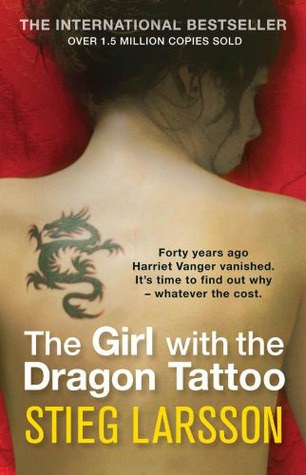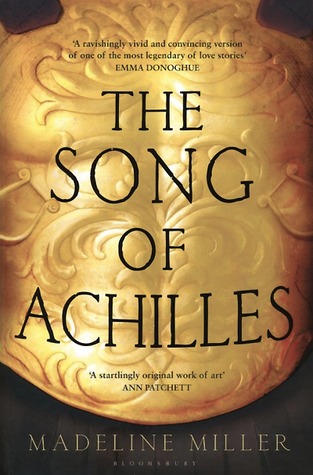The Girl Who Played With Fire (Millennium #2) by Stieg Larsson
Date finished: 31 May 2015
I just finished reading this, and wow! This is a great sequel to The Girl with the Dragon Tattoo and does not disappoint at all. The only reason it took me two weeks to read is because I'm spending less and less time reading books these days. If I'd spent time reading it last weekend, I probably would have ended up finishing it then because it is one of those books that once you get past a certain point you don't want to put it down.
As with the first book in the series, I wasn't a big fan of the writing style. Larsson definitely tells instead of shows, and as a result the writing is very dry. It's not so terrible that it prevented me from enjoying the book, but if the style were different I would give it five stars, as the writing is the main issue I have with these books.
The plot in this novel is even more exciting than the first book. Without giving too much away, someone who was... dealt with in The Girl with the Dragon Tattoo comes back for a short time, and has a connection with certain new antagonists in this book, but it's okay because someone else deals with him more permanently. The uncertainty for the reader of whether Lisbeth Salander committed the murders is thrilling, making you want to keep reading because you just have to know whether she's innocent or guilty. (Although your gut instinct is probably correct. Mine was, but there were moments of doubt.) What's also exciting is not knowing who Zala is and dying to find out. ("Dying to find out." Heh. Watch me laugh at my own joke. You'll get it when you read the book.)
The first part of the book is mostly set in the Caribbean, which is refreshing. It's interesting for Lisbeth's character development, but actually redundant and not necessary to the plot as a whole since all the action happens after she returns to Sweden. Maybe Lisbeth's time in Grenada will come up in the next book, but it is largely a waste of words in this book.
While the first book focuses on Blomkvist, Lisbeth is the central character in The Girl who Played with Fire. I liked her in the first book, but I really loved her in this one. A strong independent woman who hates men who hate women? You've got my interest. By the end we learn much more about her past, so her motives for anything now make sense and it's easier to sympathise with her. She's one of those vulnerable-strong characters who deserves nothing that people have done to her, but you don't feel the need to wrap her in a blanket and tell her it's okay because you know she can deal with it. (And her ability to do that is actually addressed just before the end.) I would love to read a character analysis of Lisbeth Salander, because she's so original and awesome.
One problem I did have with the characters is that there are too many. When you have the suspect (Lisbeth), the journalist and his magazine (Blomkvist and everyone at Millennium), the police, the security firm that the suspect used to work at, and the bad guys, it's hard to keep track of everyone. It's also hard to remember who's who when most of the time the characters are referred to by their last names, but sometimes their first names are used so you're not sure who you're reading about. There are also a couple of characters who make lots of homophobic and misogynistic remarks, which makes you hate them, but that's the point. And they get called out on it, if I remember correctly, which makes it bearable to read.
The Girl who Played with Fire is just as dark as the first book in the series, and just as thrilling. While it includes some of the same themes of misogyny and rape, it's also about prostitution rings and the media's tendency make a huge story out of little information. It's definitely worth reading if you liked the prequel. I just have one word of warning: this book ends with one hell of a cliffhanger. Enough to give me, who usually keeps her emotions on the inside, a physical reaction. So if you hate cliffhangers as much as I do, it's probably best to have the next book nearby, ready for when you finish this one. I know I'll be getting my hands on The Girl Who Kicked the Hornet's Nest as soon as I can.









